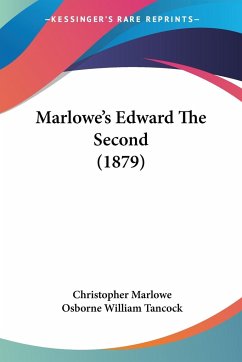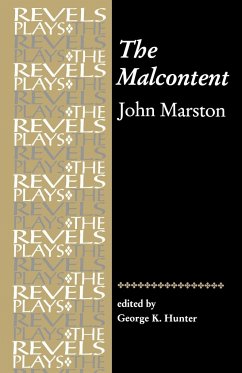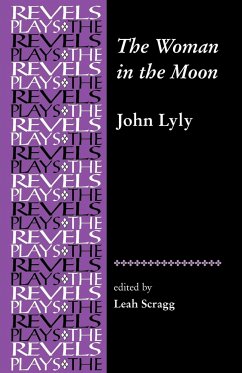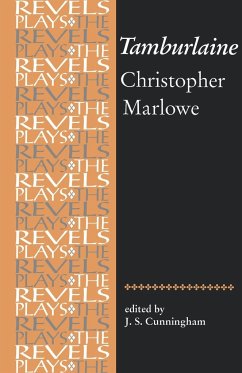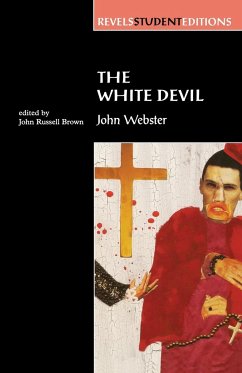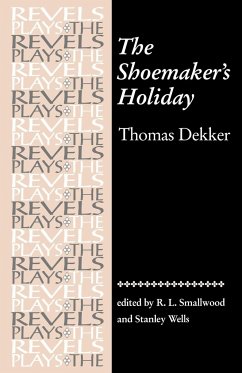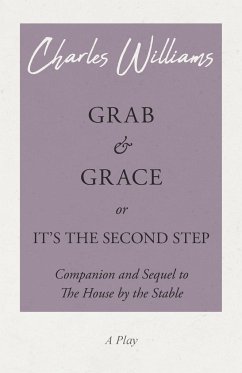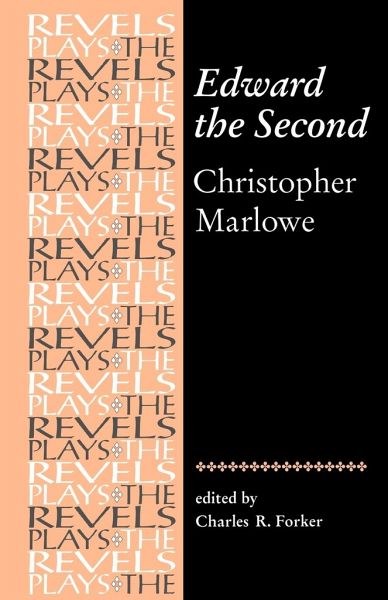
Edward the Second
Christopher Marlowe
Versandkostenfrei!
Versandfertig in 1-2 Wochen
21,99 €
inkl. MwSt.

PAYBACK Punkte
11 °P sammeln!
The introduction to this edition contains an analysis of the first quarto (including new evidence of its original dating) and a reconsideration of the play's complex relation to the Shakespearean histories that preceded and followed it. Charles R. Forker offers a discussion of Marlowe's use of sources, and presents a new argument for the drama's five-act structure. He delves into the conflicting and controversial opinions concerning the genre and sexual politics of the play, and also includes a full record of the stage history. Forker has collated some 46 editions (including the important, rar...
The introduction to this edition contains an analysis of the first quarto (including new evidence of its original dating) and a reconsideration of the play's complex relation to the Shakespearean histories that preceded and followed it. Charles R. Forker offers a discussion of Marlowe's use of sources, and presents a new argument for the drama's five-act structure. He delves into the conflicting and controversial opinions concerning the genre and sexual politics of the play, and also includes a full record of the stage history. Forker has collated some 46 editions (including the important, rare and usually ignored editions of Broughton and Oxberry in 1818). The appendices provide substantive variants from the Broughton and Oxberry texts as well as extracts from the sources.





